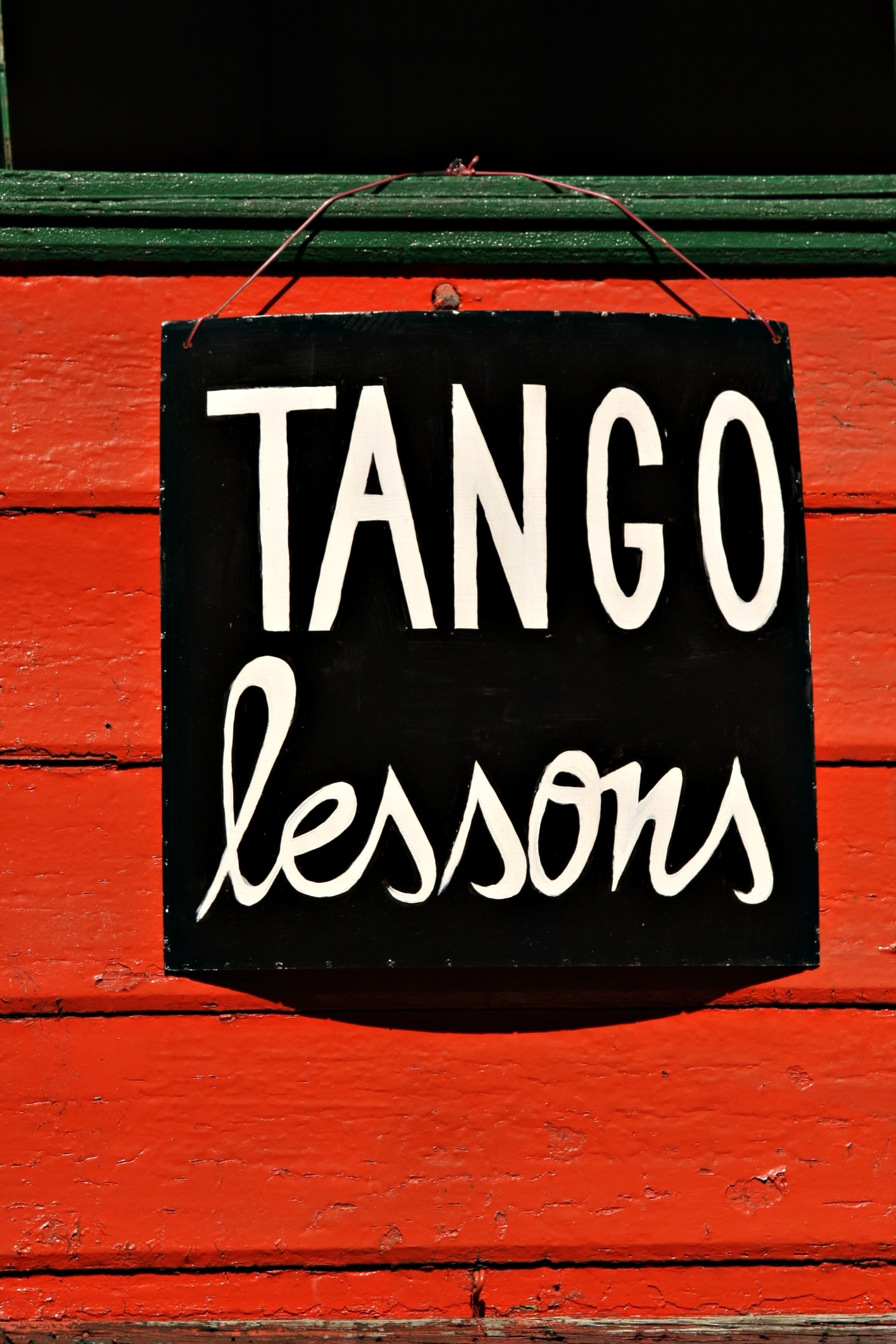
If at first the idea is not absurd, then there is no hope for it. Albert Einstein
WARNING: THIS BLOG MAY NOT BE SUITABLE FOR ALL READERS AND REQUIRES AN OPEN MIND.
Hello again, Enlightened Leaders of the World. In the New Age of Enlightenment, it’s time to “Unleash and Declare your Inner Radicalness!” Incorporate this phrase into your vocabulary. Why? Nothing ventured, nothing gained – because Enlightened Leaders are radical beings with a sense of purpose. I dare say, it is the inherent responsibility of every Enlightened Leader to:
- Unleash and Declare your Inner Radicalness!
- Define your sense of purpose as the foundation for all decisions and actions.
- Model pragmatic integrity.
- Refine your Emotional Intelligence. Value High EQ in people.
- Embrace big, revolutionary ideas.
- Utilize radical thinking to inspire and cultivate emerging leaders.
- Challenge traditional management and leadership concepts.
- Rejuvenate pluralistic organizational/cultural systems.
- Be Different. A model and catalyst for true transformation.
- Rid the workplace of every autocratic, bureaucratic Fascist, at every management and executive level, and do it now!
- Measure everything you do against your sense of purpose.
It’s time to revitalize organizational cultures so that people can genuinely thrive, where brilliance is nurtured, and the magnificence of human creativity is valued, not just philosophy or policy printed on a poster.
Enlightened Leaders are fearless, not afraid to fail to succeed. There is no aversion to risk. After all, for those who might question these words, are we not the children of revolutionary patriots? Remember, the USA was founded by Radical Thinkers, based on revolution against an empire. We have far more in common with the French than we care to admit. In fact, without the French, especially the Marquis de Lafayette, there would be no chanting of “USA, USA, USA!”
I was recently moved by the film “Hugo” a serious work of art directed by Martin Scorsese. Well-crafted movies (or films if you prefer) have always had the potential power to capture dreams. Dreams come from imagination, imagination from dreams. The movie takes place in Paris circa 1931. Hugo is a boy who lives and works in the clock tower of a train station, fixing things, moving in the shadows and the shafts of the industrial age. A motherless then a fatherless child, homeless, left alone to find his way in this world. He goes mostly unnoticed except in those moments when he must come into the light of day to survive. People in ivory towers don’t know what it takes for the “have-nots” to start over, every single day, with absolutely nothing.
Hugo is harassed by the train station police, threatened to be sent away to an orphanage with all the other unfortunate ones. He has one possession, an expressionless automaton with missing parts, given to him by his father. Like the automaton, Hugo has missing parts, no sense of purpose. Befriended in a round-a-bout way by a toymaker (Georges) with a secret past, and Isabelle – the goddaughter, Hugo is forced to subsist with heart-breaking pain and suffering, far too much torment and anguish for an innocent boy who doesn’t deserve his lot in life.
Here are a few lines from the movie:
Hugo: (praying, pleading to no one) Everything and everyone has a purpose. My purpose was in being with you, my father. The entire world is a big machine. I couldn’t be just an extra part. I have to be here for some reason. (talking to the automaton) You have to be here for some reason, too.
Georges (The Toymaker) : Happy endings are only in the movies. I am broken. Once broken, I lose my purpose. I may not be fixed again. I may never have my purpose again. I have to be here for some reason. This is my only chance to work again…I am just waiting to do what I’m supposed to do, work again…the work I was always meant to do.
Hugo’s quest for purpose transforms everyone around him.
In high society (the haves) people can be accepting and understanding of the miserable unfortunates (the have-nots) for awhile, for an impatient while, because there’s a limit to how benevolent these people can be, especially the ones who live in ivory towers. And then, there comes a day when these same benevolent people wish that you never existed, and so they simply wish you away. The benevolent let go and watch you fall down, down, down. I know, because once upon a time, I was an unfortunate son, yearning for answers to unanswered pleas, prayers, and questions.
My childhood and early adulthood experiences were cold, harsh life lessons which taught me what it really means to be different in this world. Society had rejected the working class, the poor, the ethnically mixed, among many other groups.
After years filled with frustrations and disappointments, I finally discovered my purpose for being at 33 when I founded De Candia International Corporation, a multicultural consulting and learning services firm. My life experiences, street smarts, passionate intelligence, business savvy, and understanding of human issues of difference strongly influenced our business capabilities and the key concept of “Pluralistic Leadership.” I was at the right place at the right time, pleasantly surprised by my self-made success.
Suddenly, my professional and personal life became meaningful. This new-found “sense of purpose” gave me clarity. I could see the world with fresh eyes. To this day, all my decisions and actions are driven by my sense of purpose.
Now here’s where you come-in. You, The Enlightened Leader!
Enlightened Leaders have a distinct sense of purpose and self-worth. A sense of purpose engenders a sense of commitment and conviction for those around you, and within your organization. Enlightened Leaders are not satisfied with the status-quo, determined to transform organization culture and related systems in alignment with their sense of purpose, a thoughtful purpose. It requires radical thinking. No great invention, work of art, product, concept, cultural revolution, or world-changing ideal has been achieved without radical thinking. Create workplace environments where daydreaming works for the betterment of all people, where people feel free to be human beings – innovating innovation, where business exists in a world without borders.
Unenlightened leaders (you know who you are) can best be described in these terms…
In her new book, Leading So People Will Follow, Erika Anderson explores “31 Telltale Signs You Are A Horrible Leader” – Boiled Down to 3:
- focus on protecting and advancing only themselves
- are interested in people only as a means to that end
- assume that good people are a threat
Learn to lead so that people will follow you – because they choose to follow you. Lead so that followers become willing participants in your vision and mission.
Without a sense of purpose we are lost, without direction or hope. We are all here on this planet for a reason. We are all in organizations for a reason. We are not here to replace the machines from the industrial age. When we cannot see ourselves reflected in organizations, when we do not have stock in society, we lose our sense of purpose and self-worth.
Most organizations have vision/mission statements that do not translate or resonate throughout the organization or the marketplace. Why? Because without a sense of purpose, and the role they may play in the fulfillment of the vision/mission, groups of people become aimless wanderers without commitment or conviction.
Why not permeate your organization with a simple, well-conceived “Purpose Statement?” A set of working values and beliefs, core premises demonstrated through actions, a sense of purpose that everyone can live-by.
Unenlightened leaders reject transformation and change, knowingly sending rays of light to the masses when the truth is there is no real hope, only false hopes which feed hopelessness and despair. These are the leaders who perpetuate closed organizational cultures, imprisoning people. These organizations are prisons, dark places where dreams and imaginations are sentenced to death.
In business as in life, it’s a huge mistake to ignore groups of people, especially people without a sense of purpose and self-worth because these are people with nothing left to lose. If this is your choice, then prepare for the inmates to storm the asylum that you’ve built. It won’t be a riot, it’ll be a revolt.
All my life, I have been surrounded by machines, machines of heavy metal and moving parts, machines of plastic and silicon chips, even human leadership machines, but I’ve never understood machines, especially machines without real people running them.
Enlightened Leaders open a portal to the world of dreams and possibilities, leadership development that delivers brilliance by design.
Remember, as a leader positively impacting others, it’s essential to remain open to learning and growing yourself. Being a great leader is a balancing act, always a balancing act. Be a life-long learner. Use 30% of your learning time to develop knowledge, skills and behaviors. Use the remaining 70% on real-world practice time. The tools for developing Enlightened Leaders is distinct from other learning solutions. Simulations give emerging leaders the opportunity to practice new knowledge, skills, and behavioral insights. Stimulating discussion and sincere reflection are keys to everlasting learning.
Remember, Enlightened Leaders shift individual, organizational, and business behavior. You may not change the world, but you can transform organizational/cultural systems so that your business can adapt in the global economy, in the pluralistic marketplace.
Ask yourself: Which leadership path am I choosing to take? Am I an Enlightened Leader or Unenlightened Fascist Autocratic Bureaucrat or something in-between? Who am I? Where do I stand?
Now, let’s go back to the beginning. Ask yourself: Am I an Enlightened Leader? If so, to what extent am I willing to:
- Unleash and Declare my Inner Radicalness!
- Define my sense of purpose as the basis for all my decisions and actions.
- Model pragmatic integrity.
- Refine your Emotional Intelligence. Value High EQ in people.
- Embrace big, revolutionary ideas.
- Utilize radical thinking to inspire and cultivate emerging leaders.
- Challenge traditional management and leadership concepts.
- Rejuvenate pluralistic organizational/cultural systems.
- Be Different. A model and catalyst for true transformation.
- Rid the workplace of every autocratic, bureaucratic Fascist, at every management and executive level, and do it now!
- Measure everything I do against my sense of purpose.
It’s time to fly your true colors.
Let’s continue the conversation with a sense of purpose.
Marc Ortiz de Candia, Visionary Thought Leader, Vitalia Consulting











